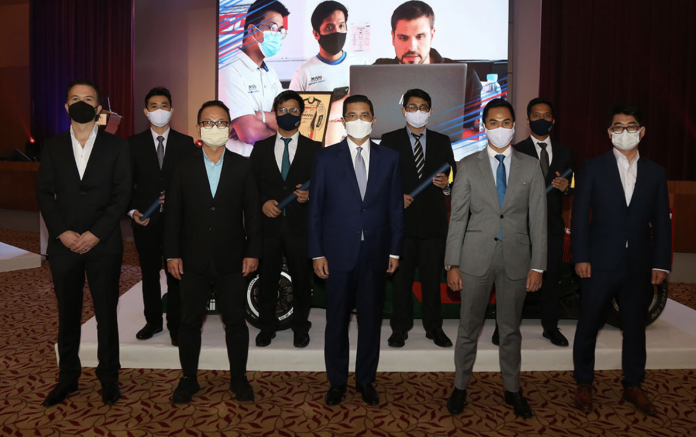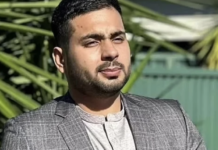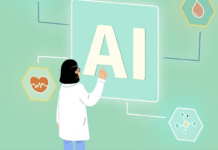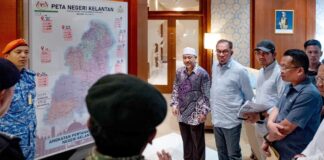KUALA LUMPUR, Dec 13 — The government will continue to prioritise technology transfer, training, and capacity building for investors and multinational corporations coming to Malaysia after it ratifies the Regional Comprehensive Economic Partnership (RCEP) and Comprehensive and Progressive Agreement for Trans-Pacific Partnership (CPTPP), said Datuk Seri Mohamed Azmin Ali.
The Senior Minister and International Trade and Industry Minister said this is to ensure that investments coming into the country would provide and create value for local players in line with the National Investment Aspirations (NIA) launched in April of this year.
“The most recent one is Porsche AG, which has decided to put up a plant in Kedah. This is a new area of engineering — we are talking about precision engineering — that we can tap and can be transferred to the local talent.
“The opening of the new plant would open up new opportunities for local talents to learn about it,” he told a press conference held in conjunction with the Technology Transfer Apprenticeship Programme (TTAP) appreciation awards and handover ceremony here today.
The NIA is a forward-looking strategy aimed at attracting quality investments driven by innovation, high-technology, green economy and greater inclusion of domestic supply chains.
In his speech earlier, he said that coordinated efforts by the public and private sectors is crucial; hence, the government is committed to promoting the participation of local companies in the domestic and global supply chains, enhancing the capacity of the local workforce, upscaling local production volume, as well as boosting exports and investments.
“In line with our NIA, it is not just about fulfilling the domestic market (demand), but also aiming for global positioning as a supplier to the world market,” he added.
Meanwhile, Mohamed Azmin also said that the automotive market has evolved and demand for cleaner and smarter vehicles are rising.
“Mobility as a service means that modern cities around the world are facing pressure to move people around more efficiently, and in an environmentally sustainable manner,” he said.
The senior minister noted as spelt out in the 12th Malaysia Plan, the country has launched the National Electric Vehicle (EV) Policy to catalyse EV demand and build EV infrastructure.
“As EVs have a different supply chain, fewer mechanical parts and more electronics, we are taking another step to anchor the value chain with TTAP, as the building blocks for the future of mobility.
“Encouraging new talents such as Industrial Internet of Things (IoT) engineers, data scientists, robot technicians, and digital supply chain strategists will be required. Meanwhile, let us ensure that we properly implement our National Automotive Policy ideas in the next years to maintain Malaysia’s global competitiveness,” he said.
The TTAP, developed by Malaysia Automotive Robotics and IoT Institute (MARii) and Persona Energy Sdn Bhd, is a unique technology transfer programme to develop local automotive talent, expertise and technology value chain through apprenticeships of selected local engineers to procure important engineering insight within endurance racing technology at the FIA World Endurance Championship.
In June this year, four TTAP apprentice engineers — Muhammad Amzar Danish Chairil, Anderson Kent Robert, Luqman Othman and Muhammad Taufiq Mohd Zin — were sent to be part of the JOTA team at the 2021 FIA World Endurance Championship.
Throughout the programme, the apprentices were considered as team members and were given real-time engineering responsibilities on certain segments of vehicle development for each race.
These responsibilities included collection and analysis of the performance of race car components, design and layout of workshop equipment and tools during races, repair and maintenance of race cars, and other engineering activities that were required during the development and race day.



















